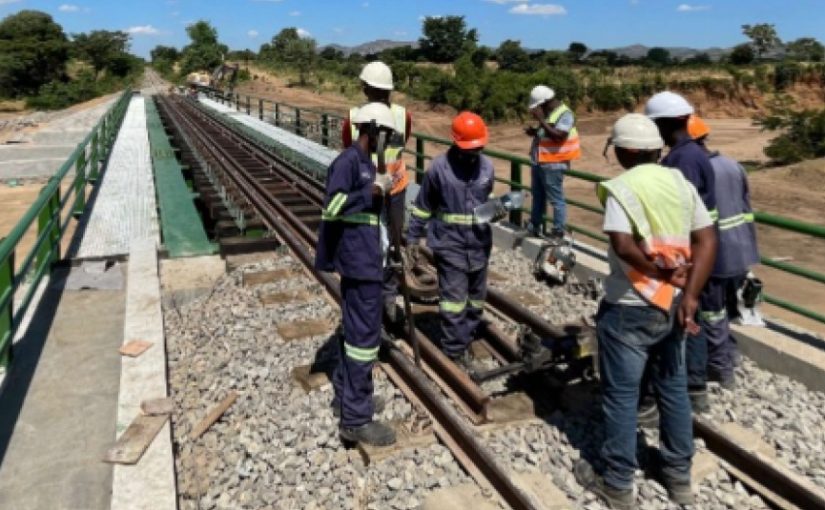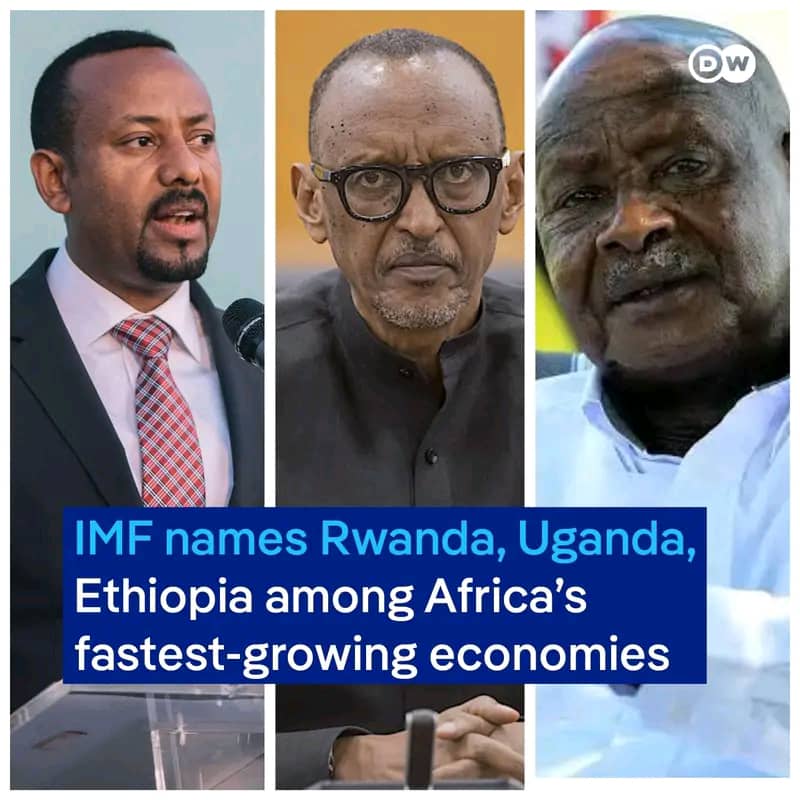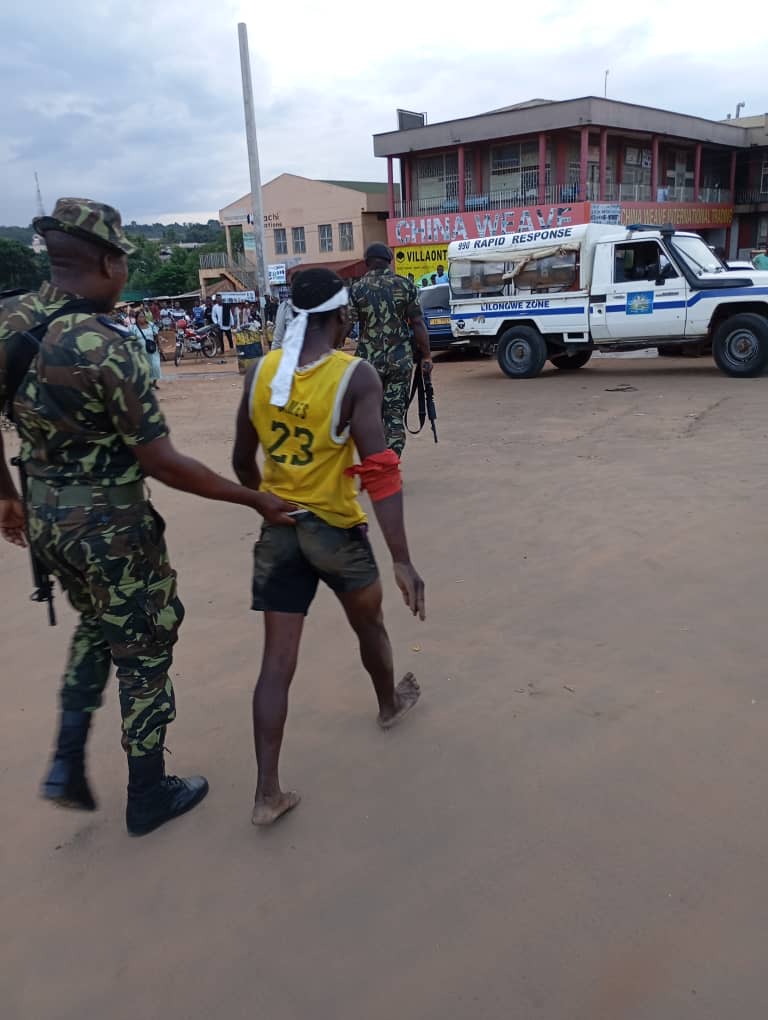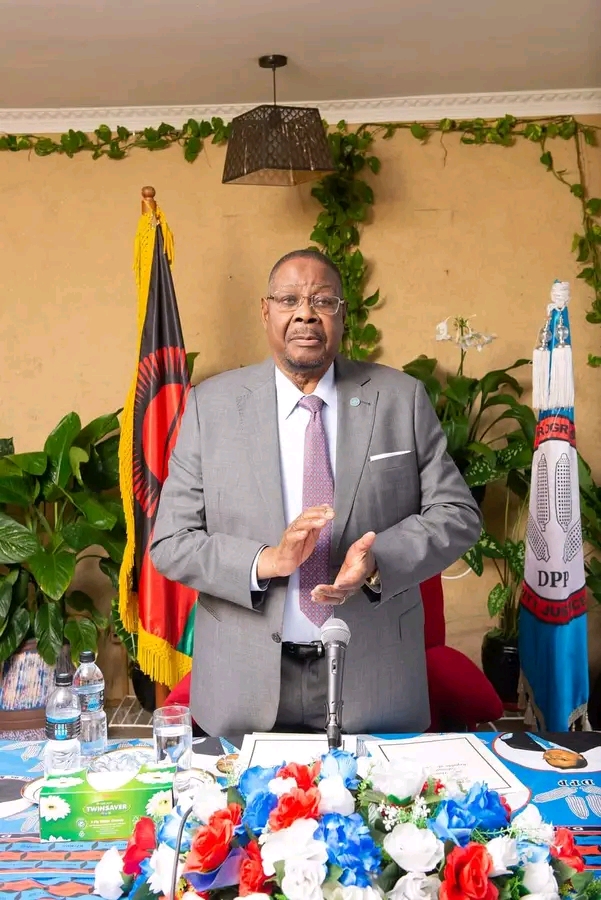FILE – Construction workers at one of the sites while the Balaka-Lilongwe line was being rehabilitated. [File photo: Bulk Materials International]
The finalisation of a bulk rail rehabilitation project in Malawi linking the capital of Lilongwe with Balaka in the south has paved the way for the resumption of both thermal and coking coal exports from Mozambique to its landlocked neighbour.
International investors have divested from local mining operations due to environmental concerns affecting global demand, but the reserves found in Mozambique’s Tete Province continue to find markets eager for affordable sources of energy.
Indian companies Jindal and JSW Steel have acquired mines in the area, primarily to export coal to India, while also exploring markets closer to the mining sites.
In addition to laying new tracks in certain sections, several bridges on the ageing railway line were reconstructed.
According to a statement from the Malawian government, efforts are under way to restore rail connectivity in all areas with existing infrastructure, with a view to extending the line northward to Zambia and possibly further to the Democratic Republic of the Congo.
Nacala Logistics, the railway’s operator, plans to complete rehabilitation of the line between Lilongwe and Zambia by the end of this year.
The upgraded line connects with the Nacala railway, which stretches from the Indian Ocean port of Nacala, traverses Malawi, and re-enters northwest Mozambique to serve the Moatize coal mines in Tete.
The Balaka-Lilongwe line is essential for transporting coal to Malawi’s capital. While the country currently has limited coal-fired power generation, it has plans for significantly larger power plants in the future




